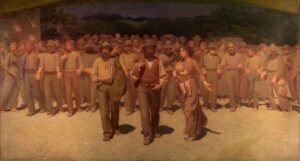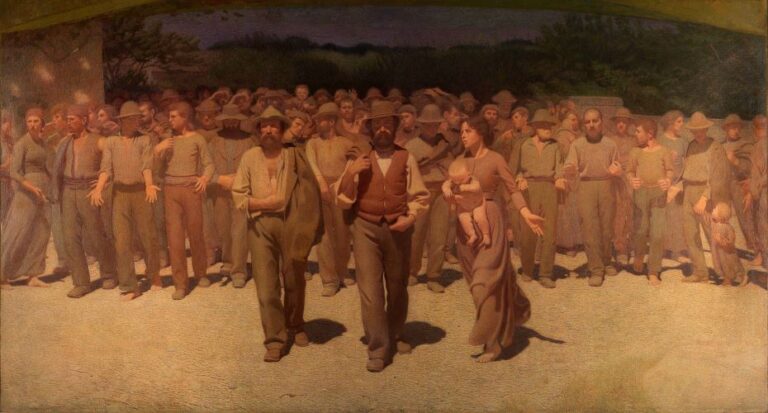È uscita parlando recentemente di Ghost Rider. Ricordate? Ad un certo punto Johnny Blaze sta guardando alla televisione un vecchio cartone animato in bianco e nero, con una danza di scheletri, non sapendo ancora che quella stessa sera finirà a somigliare molto a quella scena. Il cartone è The Skeleton Dance, il primo cortometraggio della fortunata serie Silly Symphonies, che continuerà con i suoi cortometraggi autonomi per dieci anni, fino al 1939.
La danza macabra di Walt Disney aveva tutto: aveva il charleston, aveva uno scheletro che ne usa un altro come xilofono (e sì, è una citazione quella nella danza macabra Remains of the Day della Sposa Cadavere), aveva il giro girotondo e aveva un po’ di sana violenza sugli animali (il gatto strimpellato come uno strumento musicale è un classico, Topolino l’ha fatto per anni). No, non sto per dire che adesso non sarebbe possibile perché le associazioni genitori ci strasfracellano gli zebedei, ma… beh, ormai l’ho detto.
Una sequenza simile, è stata ripresa più tardi nel corto The Haunted House, dello stesso anno, in cui è Topolino in carne e orecchie a dover suonare la musica di accompagnamento per una danza macabra di scheletri dopo essersi incautamente fermato in una casa abbandonata. Il corto è contenuto in una raccolta abbastanza recente, Topolino in bianco e nero, che raccoglie corti dal 1929 al 1935 e merita sotto molti punti di vista, specie se vi piace il genere “topolino che mastica tabacco”, “minni presa per le mutande” o “gatto strimpellato come un contrabbasso”. Ciascuno ha le sue perversioni. Quello che mi ha divertita di più, però, è vedere quante volte hanno inserito un’intervista in cui Frank Thomas ripete che suvvia, sarebbe sbagliato giudicare in modo moralista quei cartoni, sono lo specchio di un’epoca. Sì. Un’epoca in cui ci si divertiva a fare cartoni e nessuno ti strasfracellava gli zebedei.








2 Comments
tafkal
Posted at 06:43h, 24 FebruaryThe Haunted House, il più bel corto con Topolino di tipo sempre. Augh! Ho detto.
shelidon
Posted at 11:33h, 25 FebruaryMi ricordano che qualche anno dopo, sulla falsa riga di questi scheletri, la Disney ne fece anche una versione con le mummie, Egyptian Melodies (in cui il solito ragno sfigato questa volta finiva, anziché in un negozio di giocattoli, in una tomba).